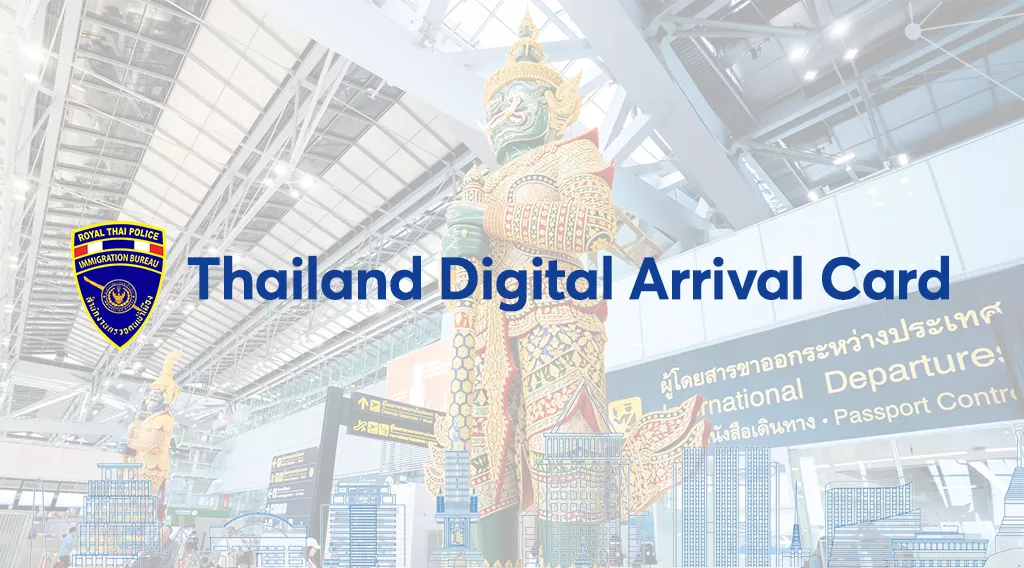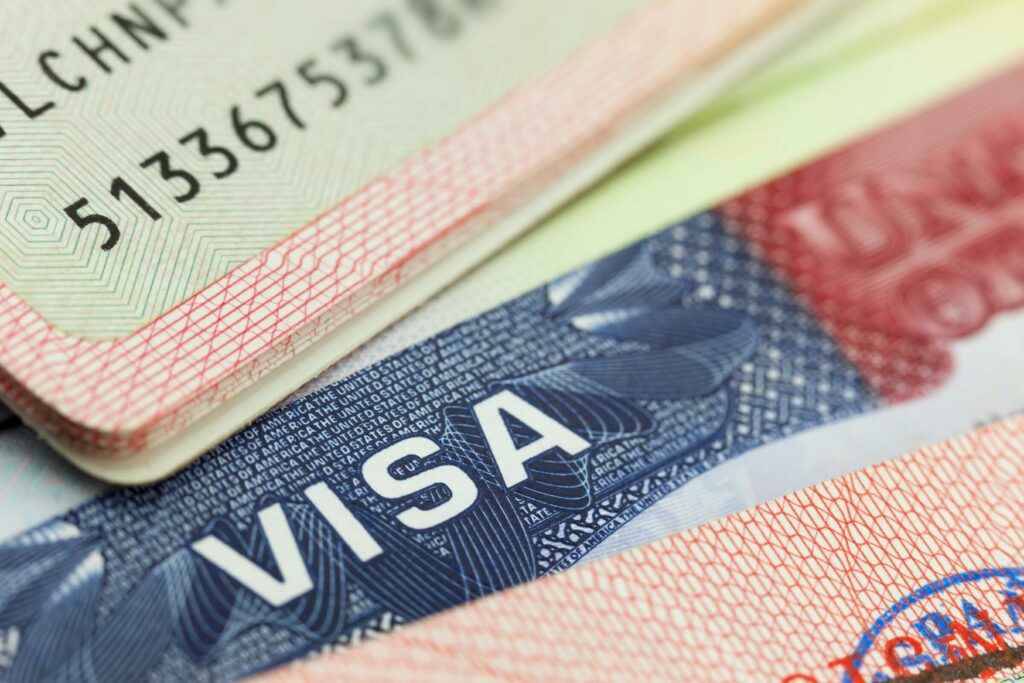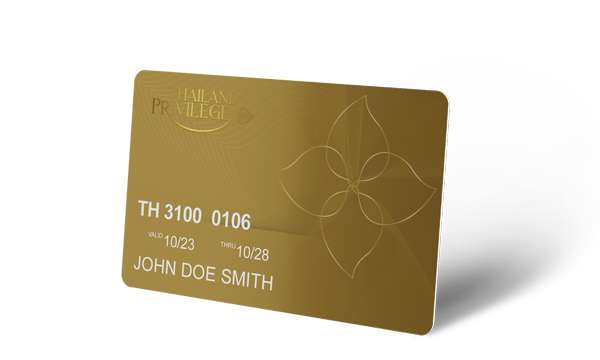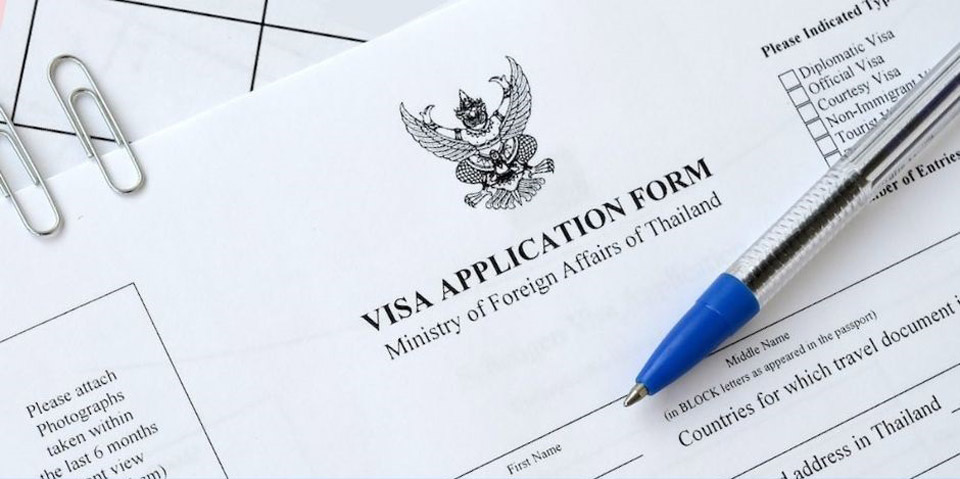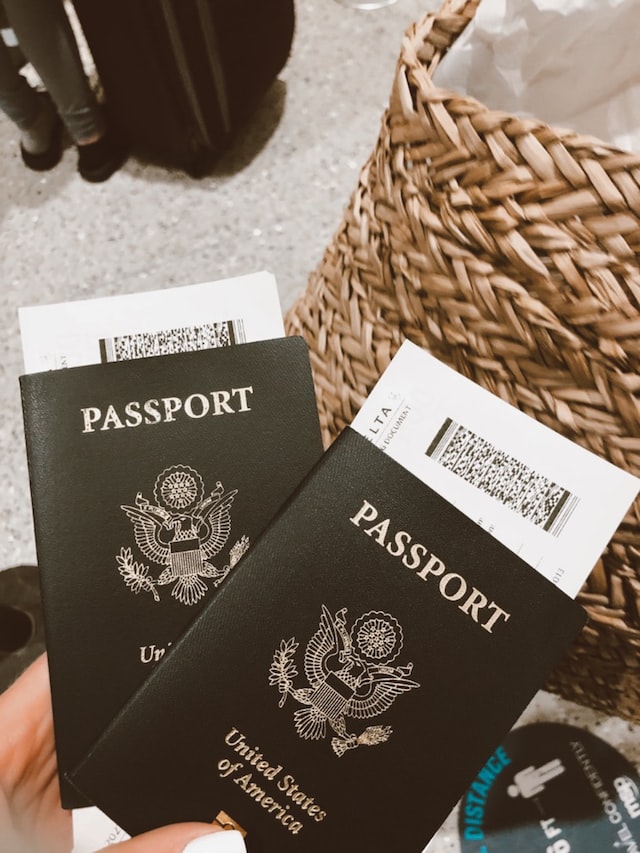Thailand Digital Arrival Card. As global travel resumes post-pandemic, many governments are digitizing border entry procedures to improve security, enhance efficiency, and collect immigration-related data more systematically. Thailand is no exception. The Thailand Digital Arrival Card (TDAC) initiative is a key component of the Thai government’s ongoing efforts to modernize immigration processes, replacing or complementing the longstanding TM.6 paper arrival/departure card.
While the TDAC has not yet been rolled out universally at the time of writing, it has been piloted in phases, and discussions around its implementation involve multiple policy actors, including the Immigration Bureau, the Ministry of Interior, the Digital Government Development Agency (DGA), and the National Intelligence Agency. This article presents an in-depth analysis of the Thailand Digital Arrival Card—examining its legal foundation, technical architecture, intended use, operational risks, and implications for foreign travelers and border enforcement.
1. Background: The TM.6 Card and Its Limitations
1.1 The Paper-Based TM.6 Card
The TM.6 card has traditionally been a mandatory form filled out by all foreign travelers entering or leaving Thailand. The form collects basic biographic data, flight details, purpose of visit, and accommodation information. It is submitted to immigration officers upon arrival and exit and serves as a tracking document for both short-term and long-term stayers.
However, the TM.6 system is:
-
Redundant: Similar data is captured via passport scans and visa applications
-
Susceptible to errors: Poor handwriting, loss of the departure stub, or inconsistent data entries
-
Inefficient: It slows down immigration lines at busy airports
-
Paper-dependent: Leading to storage, processing, and environmental issues
1.2 Suspension of TM.6 for Air Arrivals
In 2022, the Thai government suspended the TM.6 requirement for international air arrivals as a temporary measure to reduce airport congestion. However, land and sea arrivals are still subject to the TM.6 requirement. This partial suspension laid the groundwork for developing a digitized alternative.
2. Legal and Institutional Basis for the Digital Arrival Card
2.1 Governing Authorities
The implementation of the Digital Arrival Card is overseen by:
-
Royal Thai Immigration Bureau
-
Ministry of Digital Economy and Society
-
Digital Government Development Agency (DGA)
-
Airports of Thailand (AoT) for infrastructure coordination
Authority is granted under:
-
Immigration Act B.E. 2522 (1979) – particularly Section 35 and Section 38 (reporting duties)
-
Personal Data Protection Act (PDPA) B.E. 2562 (2019) – governing data collection, use, and storage
-
National Digital Economy Policy Committee regulations on e-governance
A Cabinet resolution or Royal Gazette notification would be required to mandate full adoption of the digital format in lieu of the TM.6 form.
3. Structure and Functionality of the TDAC
3.1 Information Collected
The TDAC is designed to collect the same core information as the TM.6 form, including:
-
Full name, nationality, and passport number
-
Flight or conveyance number
-
Intended address in Thailand
-
Purpose of travel (tourism, business, medical, etc.)
-
Duration of stay
-
Contact phone number and email
The system may also be integrated with Advance Passenger Information (API) and Passenger Name Record (PNR) systems to enrich travel profiles and enhance security screening.
3.2 Submission Channels
The proposed methods of submission include:
-
Online Portal (for individual travelers)
-
Mobile Application (linked to AoT Airports app or separate TDAC app)
-
Kiosks at airports (for those unable to submit in advance)
-
API Integration with airlines and tour operators for bulk submission
Travelers would receive a QR code or confirmation number to present at immigration, which would be cross-checked with biometric data and scanned passports.
4. Data Security and Privacy Concerns
Thailand’s PDPA, which came into force in 2022, imposes strict conditions on personal data processing. The TDAC system must comply with:
-
Explicit consent requirements
-
Purpose limitation (data collected only for immigration control)
-
Data minimization
-
Storage limitation and retention rules
-
Right to access and correction
Failure to secure or mismanage data can result in administrative penalties and reputational risks for the government.
Biometric integration (e.g., facial recognition, fingerprint matching) with the TDAC raises further questions about data centralization and cross-agency sharing, especially with law enforcement or national intelligence services.
5. Operational Benefits and Risks
5.1 Advantages
-
Expedited processing at immigration checkpoints
-
Real-time analytics on tourist flows and demographics
-
Improved border security through data matching and red flag alerts
-
Reduced clerical errors and paper handling
-
Enhanced ability to link travel records with overstayers or watchlist subjects
5.2 Risks and Limitations
-
Digital exclusion: Not all travelers have smartphones or digital literacy
-
System downtime or cyberattacks
-
Data discrepancies between visa systems, TDAC submissions, and actual travel
-
Inconsistent enforcement across air, land, and sea entry points
-
Language and accessibility barriers for less tech-savvy demographics
6. Enforcement and Compliance
6.1 Link with Immigration Act
Section 38 of the Immigration Act requires:
“Persons in charge of hotels, guesthouses, or dwellings shall report the presence of foreigners staying on the premises within 24 hours.”
TDAC data may eventually be cross-checked with TM.30 notifications (residence reports), providing a unified platform for tracking foreign presence.
6.2 Consequences for Non-Compliance
If TDAC submission becomes mandatory:
-
Travelers may be denied boarding or entry without a valid submission
-
Immigration officers could impose fines or delays on arrival
-
False declarations may be treated as offenses under Section 37 or 76 of the Immigration Act
7. Integration with Other Immigration Platforms
The TDAC is expected to be interoperable with:
-
e-Visa system (run by the Thai MFA)
-
E-Arrival Card (future ASEAN or APEC formats)
-
Immigration Control System (ICS) and biometric databases
-
TM.30 and 90-Day Reporting platforms, creating an end-to-end digital ecosystem
Such integration could support eventual automation of long-stay compliance, including reminders for 90-day reports or visa renewals.
8. Impact on Specific Traveler Groups
8.1 Tourists and Short-Stay Visitors
Digital submission would improve entry experience, particularly for frequent travelers or tour group members. Visa-exempt nationals could preload data to avoid airport queues.
8.2 Long-Stay Visa Holders
Long-term residents on retirement, marriage, or business visas may see the TDAC tied to their visa status, work permits, and residence reporting, reducing redundancy.
8.3 Business Travelers and APEC Cardholders
If harmonized with regional systems, TDAC could support streamlined entry for APEC Business Travel Card (ABTC) holders, eliminating paperwork and enhancing mobility.
9. Pilot Implementation and Future Outlook
As of 2024, full nationwide implementation remains in development. Limited trials were conducted at:
-
Suvarnabhumi Airport
-
Don Mueang Airport
-
Selected land border crossings with Malaysia and Cambodia
Legislative amendments or ministerial regulations may soon make TDAC submission mandatory for all air arrivals.
In the medium term, Thailand may become a model for ASEAN-wide digital travel credentialing, especially if harmonized with the proposed ASEAN Digital Travel Card.
Conclusion
The Thailand Digital Arrival Card represents a major shift in how the Kingdom manages its border control and immigration records. While still in its rollout phase, the TDAC has significant implications for traveler experience, immigration enforcement, national security, and digital governance.
Its success will depend not only on technological robustness and inter-agency coordination, but also on privacy compliance, legal legitimacy, and inclusivity. As Thailand continues to position itself as a regional mobility hub, the Digital Arrival Card could serve as a blueprint for smart border solutions in Southeast Asia and beyond.

